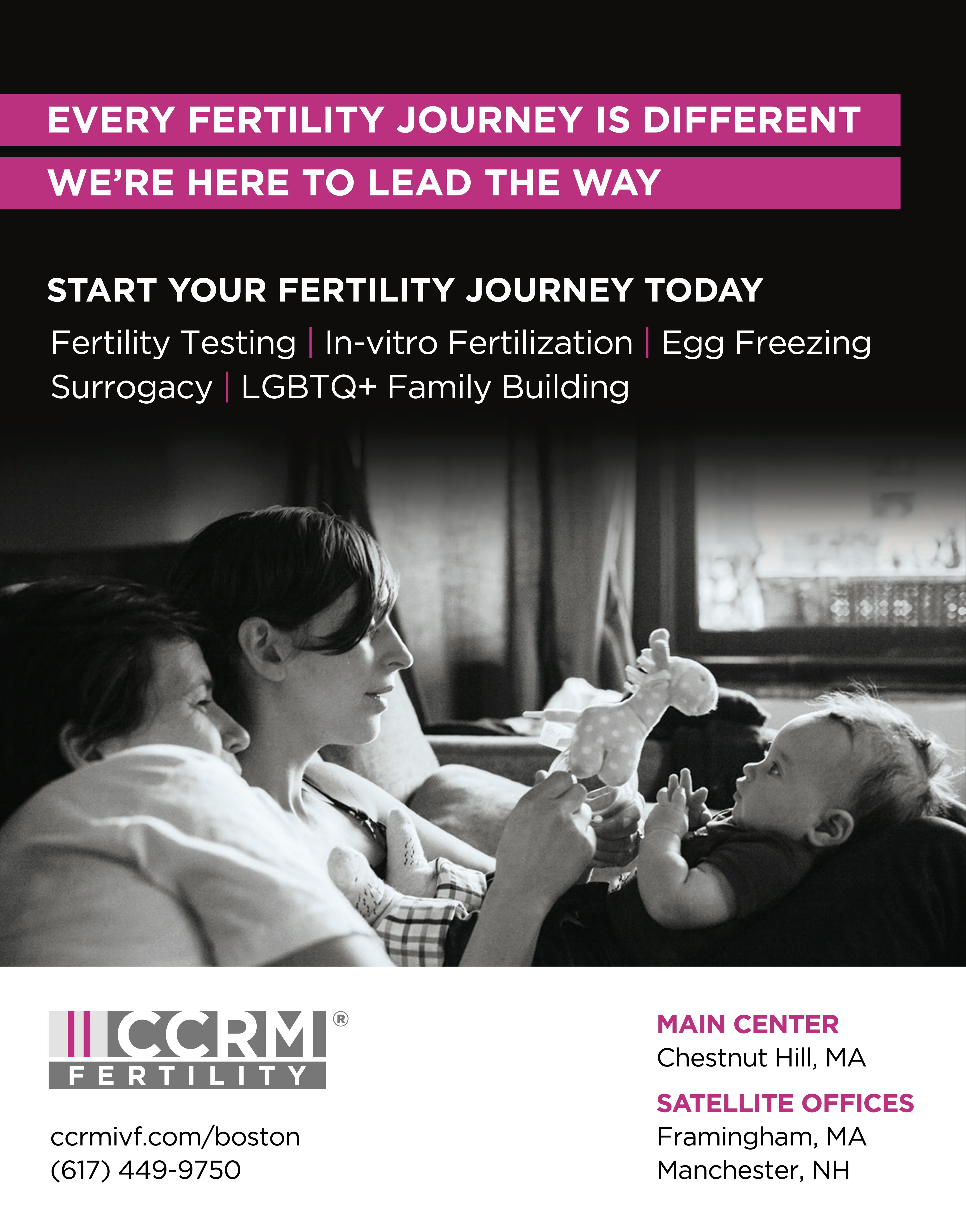Holistic Preconception
Supporting Your Fertility Journey

The fertility journey is never easy.
We know. We’ve been there.
Our journey to parenthood took over ten years, through countless tests and treatments, through unexplained and male factor infertility, and ultimately to IVF, where we conceived our one and only child.
Since then, we’ve learned a lot about ourselves and studied extensively about an integrative approach to fertility. Now every day we support those trying to conceive (TTC) on their journey from a holistic perspective.
Whether you’re just starting the testing process, discovering a diagnosis, are in the throes of treatment, have had multiple miscarriages, are facing another canceled IVF cycle, or are anywhere else on this complex journey, this article is for you.
The fertility journey touches every area of our lives, from intimacy with our partner, our schedules, our finances, our friendships, our relationship to our menses and our relationship to our bodies, to our overall mental, emotional, and spiritual well-being, and more.
So, what if, just for this moment, you put aside everything you think you know, and stop, and breathe? Just for a moment, as you continue reading this article, your mind can rest, your worries can rest, you can rest and allow whatever is here right now, to just be here. And as you rest more and more, you'll discover, as you read on, some practical things you can do to soothe your soul and spirit, no matter the outcome.
In our center, we’ve seen couples just starting on their journey, those with PCOS or endometriosis, unexplained or male factor infertility, advanced maternal age, recurrent pregnancy loss, secondary infertility, women with physical barriers, and even women dismissed from IVF treatment, ultimately conceive and give birth to live babies. We’ve even seen unlikely surrogates get pregnant with the very last embryo of the intended parents. We’ve also seen some find other paths to parenthood or resolve to live childless, not by choice.
No matter the specifics, sometimes this journey can feel so mechanical with all the tests, timed intercourse, charting and measuring, shots, and excess hormones—it can feel as if our lives hang in the balance and at the mercy of our body’s functioning and the assessment of our reproductive endocrinologists. The truth is that so much of this journey is out of our control.
What most people don’t talk about is there’s a lot more in your control than you might think. While the ultimate outcome is out of every person's control, how you care for your body, mind, and spirit is 100% in your control.
Our focus throughout is empowering people to take charge of the aspects they can control. We teach them about something we call "holistic preconception," including how to use the preconception time to make decisions and take a proactive approach.
So, for the remainder of this article, we’ll share the same things we share with our patients every day. It’s our experience that addressing the following key areas can be invaluable in bringing a sense of calm to the entire process.
- What is holistic preconception and how can this help?
- What does stress actually have to do with it?
- What does mindset have to do with mental/emotional stress?
- What physical stressors can you control and how?
- What are some integrative care options that really help?
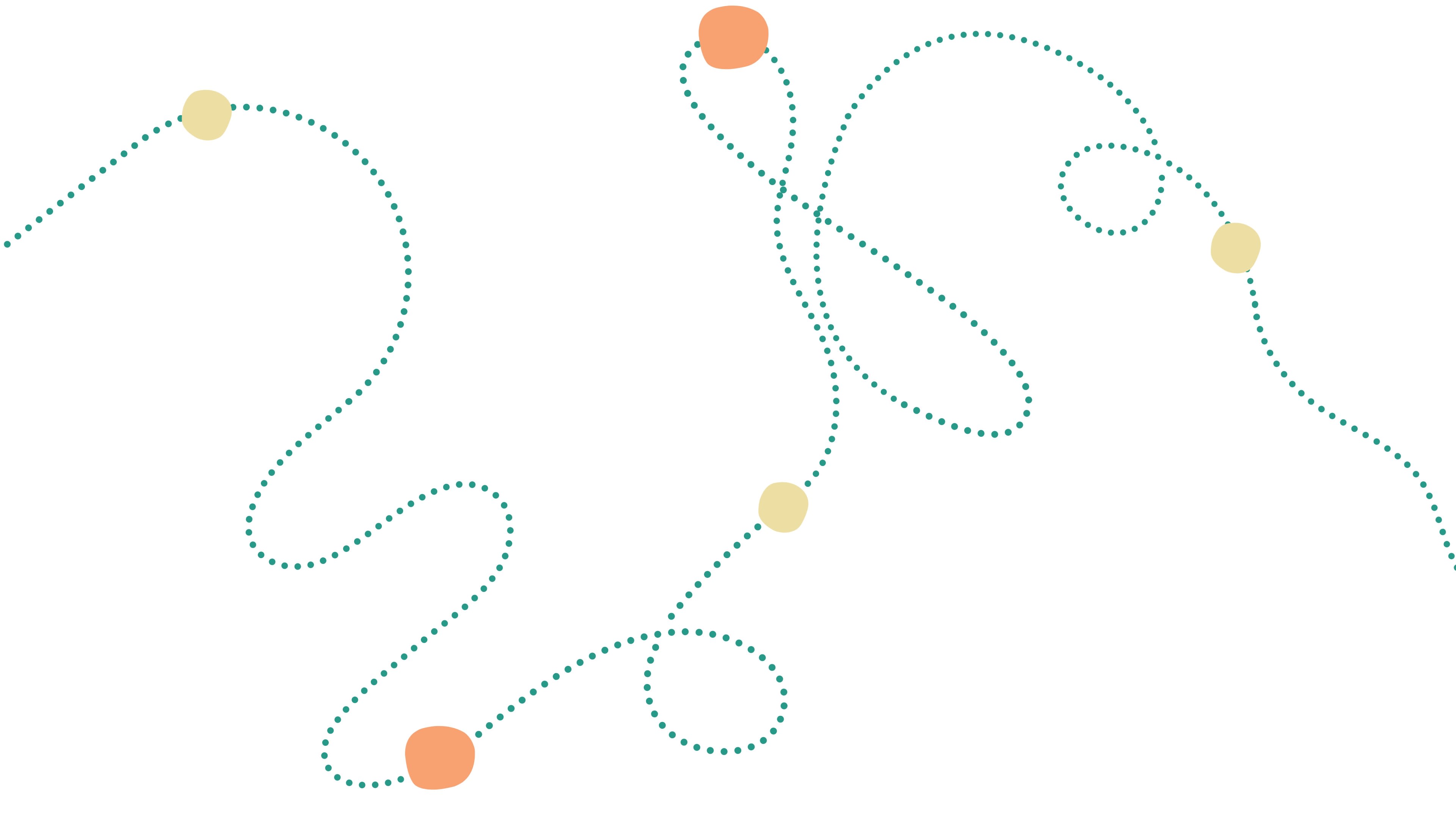
The fertility journey is never easy.
We know. We’ve been there.
Our journey to parenthood took over ten years, through countless tests and treatments, through unexplained and male factor infertility, and ultimately to IVF, where we conceived our one and only child.
Since then, we’ve learned a lot about ourselves and studied extensively about an integrative approach to fertility. Now every day we support those trying to conceive (TTC) on their journey from a holistic perspective.
Whether you’re just starting the testing process, discovering a diagnosis, are in the throes of treatment, have had multiple miscarriages, are facing another canceled IVF cycle, or are anywhere else on this complex journey, this article is for you.
The fertility journey touches every area of our lives, from intimacy with our partner, our schedules, our finances, our friendships, our relationship to our menses and our relationship to our bodies, to our overall mental, emotional, and spiritual well-being, and more.
So, what if, just for this moment, you put aside everything you think you know, and stop, and breathe? Just for a moment, as you continue reading this article, your mind can rest, your worries can rest, you can rest and allow whatever is here right now, to just be here. And as you rest more and more, you'll discover, as you read on, some practical things you can do to soothe your soul and spirit, no matter the outcome.
In our center, we’ve seen couples just starting on their journey, those with PCOS or endometriosis, unexplained or male factor infertility, advanced maternal age, recurrent pregnancy loss, secondary infertility, women with physical barriers, and even women dismissed from IVF treatment, ultimately conceive and give birth to live babies. We’ve even seen unlikely surrogates get pregnant with the very last embryo of the intended parents. We’ve also seen some find other paths to parenthood or resolve to live childless, not by choice.
No matter the specifics, sometimes this journey can feel so mechanical with all the tests, timed intercourse, charting and measuring, shots, and excess hormones—it can feel as if our lives hang in the balance and at the mercy of our body’s functioning and the assessment of our reproductive endocrinologists. The truth is that so much of this journey is out of our control.
What most people don’t talk about is there’s a lot more in your control than you might think. While the ultimate outcome is out of every person's control, how you care for your body, mind, and spirit is 100% in your control.
Our focus throughout is empowering people to take charge of the aspects they can control. We teach them about something we call "holistic preconception," including how to use the preconception time to make decisions and take a proactive approach.
So, for the remainder of this article, we’ll share the same things we share with our patients every day. It’s our experience that these key areas are invaluable in bringing a sense of calm to the entire process.

Supporting Your Fertility Journey

What Is Holistic Preconception and How Can It Help?

Holistic preconception begins when you decide you want to have a baby and lasts the entire time you’re trying to conceive. Holistic preconception applies to people of all genders.
When you’re struggling to conceive, it can seem like everyone around you is getting pregnant at the drop of a dime. Yet, that is likely not the case. In the west, we are not trained to consider the most essential self-care to prepare the body for conception and pregnancy.
We’ve found that what you do in preconception can make all the difference in your overall sanity throughout this process. Incorporating the holistic preconception practices we’ll share also helps optimize your body and your partner’s body for the best possible chances of conception and a healthy pregnancy.
Preconception is the perfect time to reevaluate everything and adjust your diet, lifestyle, and mindset. In holistic preconception, we slow down and make room in our lives for a baby to come. And, even more essential, in our opinion, holistic preconception is also a time to make room in your life for you. Following a holistic preconception approach nourishes your fertile soil within—body, mind, and spirit.
This means alongside any ongoing fertility treatment:
- We care for our bodies, minds, and spirit as if we were already pregnant.
- We address factors of stress, including physical stressors and mental/emotional stressors.
- We address dietary and lifestyle factors that may be contributing to underlying imbalances.
- We address our mindset and deal with past or present issues impacting our overall well-being.
Ideally, holistic preconception recommendations are best started at least three months before actively TTC and are sustained throughout pregnancy. They work whether you’re trying to conceive without medical intervention or using assisted reproductive technologies.
However, no matter when you start, following this approach can make a positive impact. And no matter the outcome, you can gain an empowered outlook on this complex part of life.
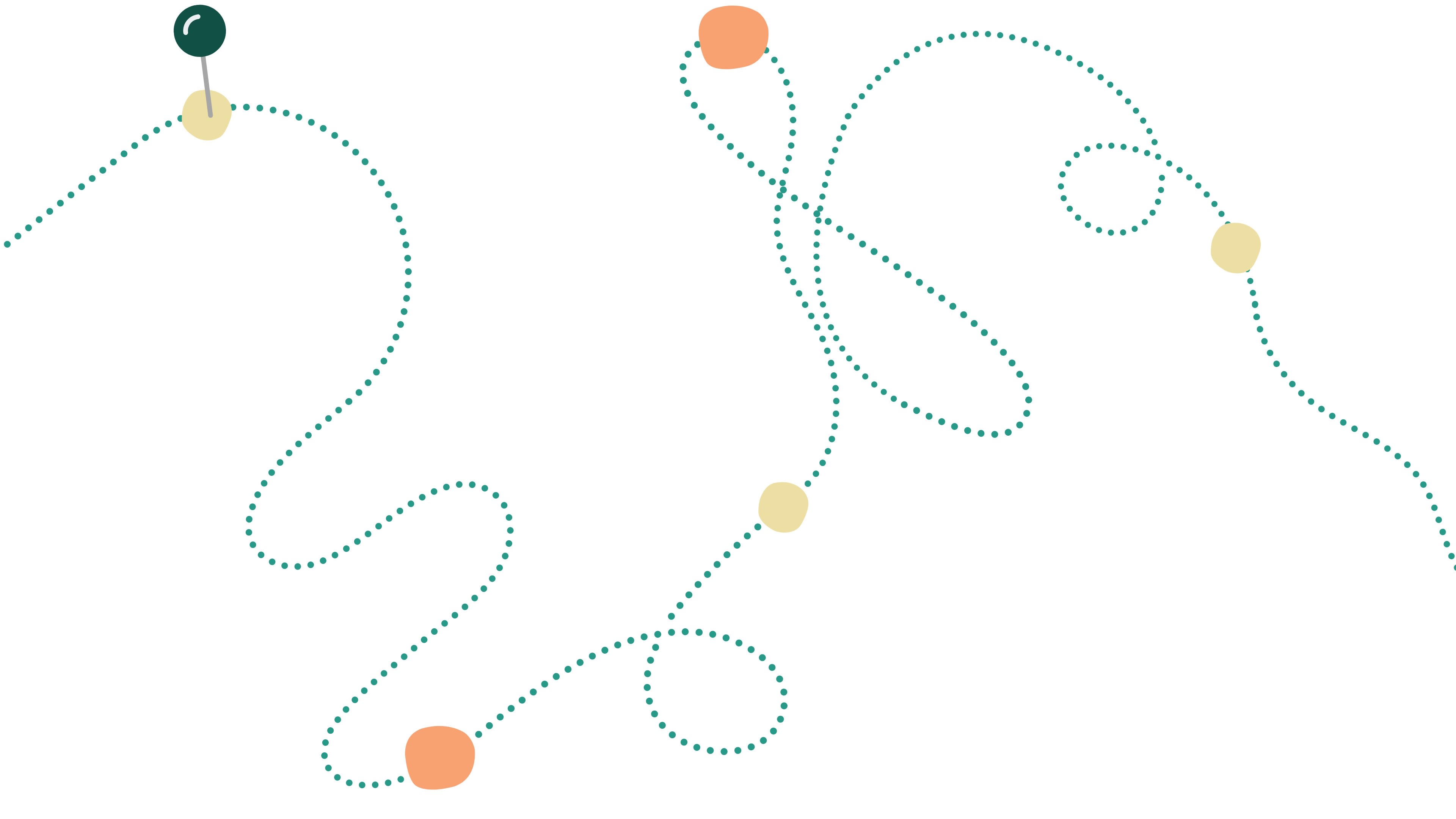
What does stress actually have to do with it?

"Just relax, don't be so stressed about all of this. Then you'll get pregnant." This cringe-worthy and frequently unsolicited advice has a lot of truth, but not for the reasons you might think. The aspects that are true directly relate to self-care during preconception.
So, let’s talk about stress. Stress is one of the most critical factors in cases of infertility. Yet, it is frequently the one people want to overlook.
When most people think of stress, they most often think of mental/emotional stress. We don’t have to tell you the volume of mental and emotional stress that most people experience in navigating infertility. In addition to the direct mental and emotional stress of infertility, there may be other pre-existing stressors in this category, such as past emotional wounds or traumas.
There is also the impact of physical stress, which many people (not just those trying to conceive) frequently underestimate. Physical stress includes factors such as working long hours, exercising too much, not getting the proper nutrients, consuming empty calories or excess processed food, consuming excess alcohol or other mind-altering substances, smoking, sleeping less than 8 hours per night, being over or underweight, and being under-hydrated all create physical stress that can directly impact our reproductive function.
One easy way to understand the impact of mental/emotional and physical stress is to consider what it’s like to start a plant from seed. Anyone who has tended a garden knows that the quality of the soil makes a huge difference. For instance, if you’re going to plant cucumbers, it’s highly unlikely that you'll go and scoop up some sandbox sand and plant the cucumber seeds there.
Why? Clearly, the sandbox sand lacks the vital nutrients and overall nourishing environment for the seed to grow and flourish. The likelihood of a cucumber plant sprouting and thriving in a sandbox is very small.
Instead, if you really want to grow cucumbers from seed, you’ll get just the right nutrient-dense soil, place the containers at just the right temperature and give it just the right amount of water and sunlight.
Maybe all the seeds you plant won’t sprout and become a thriving cucumber plant, but some will. And, for the plant to produce a plethora of delicious cucumbers, even after the plant sprouts, you’ll need to continue giving it just the right conditions to grow and thrive.
Planting a seed in a sandbox is like living under long-term stress. Especially when sustained over long periods, physical and mental/emotional stressors deplete our fertile soil.
A body under sustained stress cannot properly repair and regenerate its cells and tissues. Sustained stress of all types also directly impacts the body’s ability to properly produce or regulate the hormones needed for optimal reproductive function. Taken together, both types of stressors compound the other. Physical stressors also create mental and emotional stress, which in turn creates more physical stress, and so on.
No matter the source of stress, how we care for ourselves physically, mentally, emotionally, and spiritually directly impacts our "reproductive soil." To optimize fertility, we need to nourish our soil by nourishing our body, mind, and spirit.
This is true for both male and female reproductive systems. It is also true whether you're trying to conceive naturally, using NaPro Technology, or assisted reproductive technologies such as IVF or IUI. While this may or may not result in giving birth to a live baby, it will improve the overall quality of life and provide the best possible chances for success.
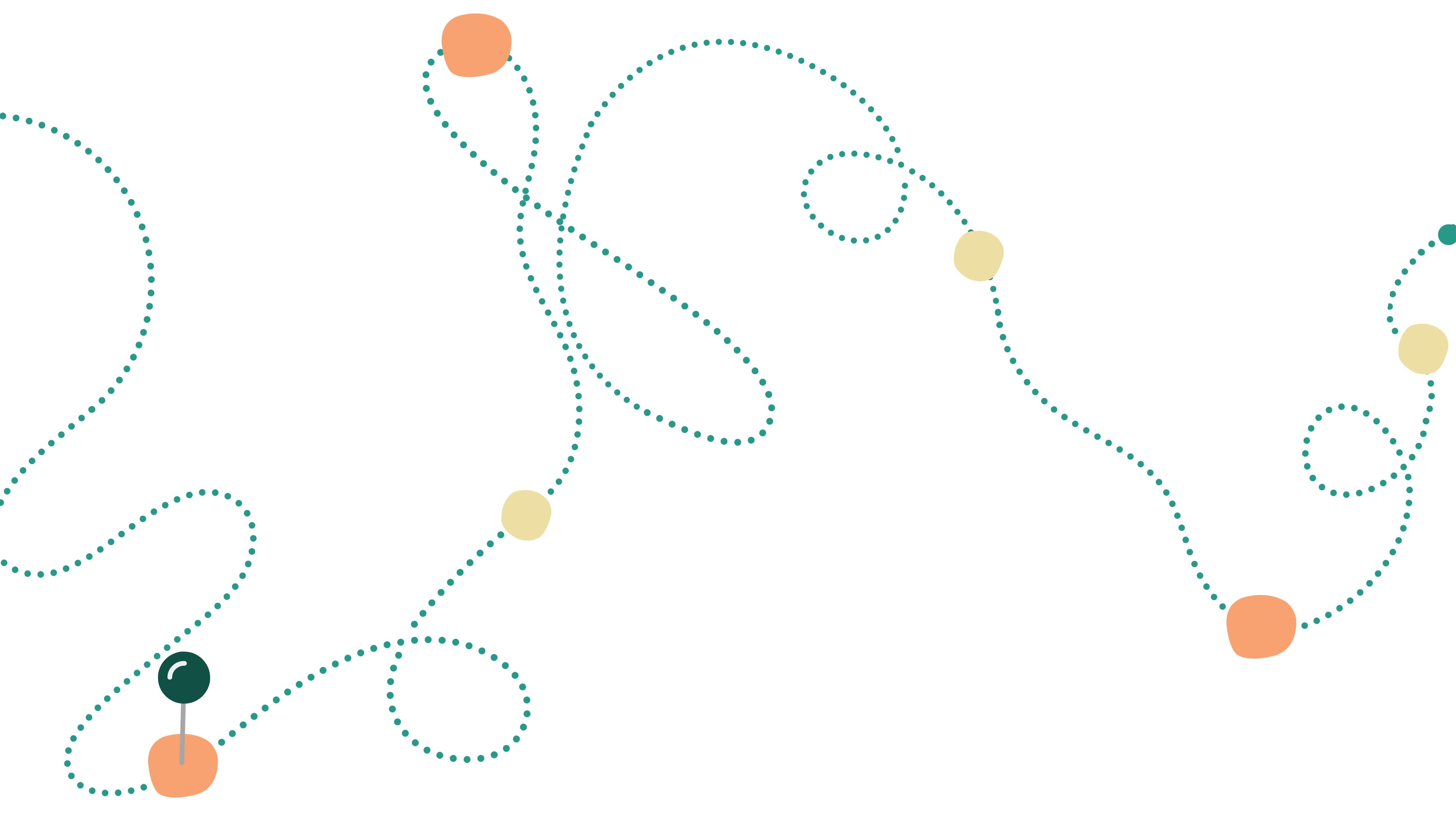
What Does Mindset Have to Do with Mental/Emotional Stress?

Let’s address mental/emotional stressors first. The number one thing we recommend for taking charge of this journey is working with and transforming mindset. What do we mean by this and why is it so important?
We know the emotional roller coaster that comes each month as another cycle comes and goes. We know the sense of ongoing grief and loss and the sense of feeling out of control of the body and its capability in terms of reproductive function.
The only thing we ultimately have control over is how we relate to our experiences and circumstances or our mindset. Our brain’s natural processes point to why mindset matters.
David Sousa, author of How the Brain Learns, says that our senses are continuously collecting tens of thousands of bits of information every second, even when we sleep. Some researchers suggest this transmission from our senses to the brain is upwards of 11 million bits of information per second. Yet, our conscious minds can only process minuscule portions of this capacity.
One powerful analogy we’ve heard to understand the impact is to imagine that, of those 11 million bits, only 2000 bits of that information actually make it to the conscious mind. Though, according to Sousa, our brains do not process information the same way a computer does, this is a useful analogy.
In a very simplified way, what’s going on behind the scenes is a complex filtering system, known as our sensory register or filter. This dynamic process determines, based on our past experiences, beliefs, stored memories, etc. which incoming information is important and what can be discarded or ignored.
Quite literally, how we view ourselves and the world directly impacts the information that gets through our filters of perception. The good news is, we and our brains, are quite flexible and adaptable. When we shift our self-concept and our mindset, we also shift our filters of perception.
In the words of the late author Dr. Wayne Dyer, “when we change the way we look at things, the very things we look at change.”
To be clear, we’re not saying that this is easy, and it may likely require outside help and support to begin to shift our inner filters of perception. We’re also not saying that this alone will make the difference between conceiving or not conceiving.
What we are saying is that there is an opportunity and possibility to meet each day with a compassionate curiosity for whatever circumstances we are facing. We can also learn to meet how we feel physically, mentally, and emotionally with this same compassionate curiosity.
In doing so, we shift our perception filters to a mindset that supports our overall well-being. This includes being mindfully compassionate in how we speak to ourselves about our bodies, our menses, our experiences, our circumstances, and our relationships. Even right now, as you're reading this sentence, what if you stop and breathe and give yourself some much-needed tender compassion?
What a relief this can be. By learning to work with your mindset this way, you can free up inner resources to support your overall well-being. Later in this article, we address outside help, including what you can do to learn how to make supportive mindset changes.
From here, using this mindset while incorporating other practical day-to-day changes, including managing physical stressors, can make a big difference.
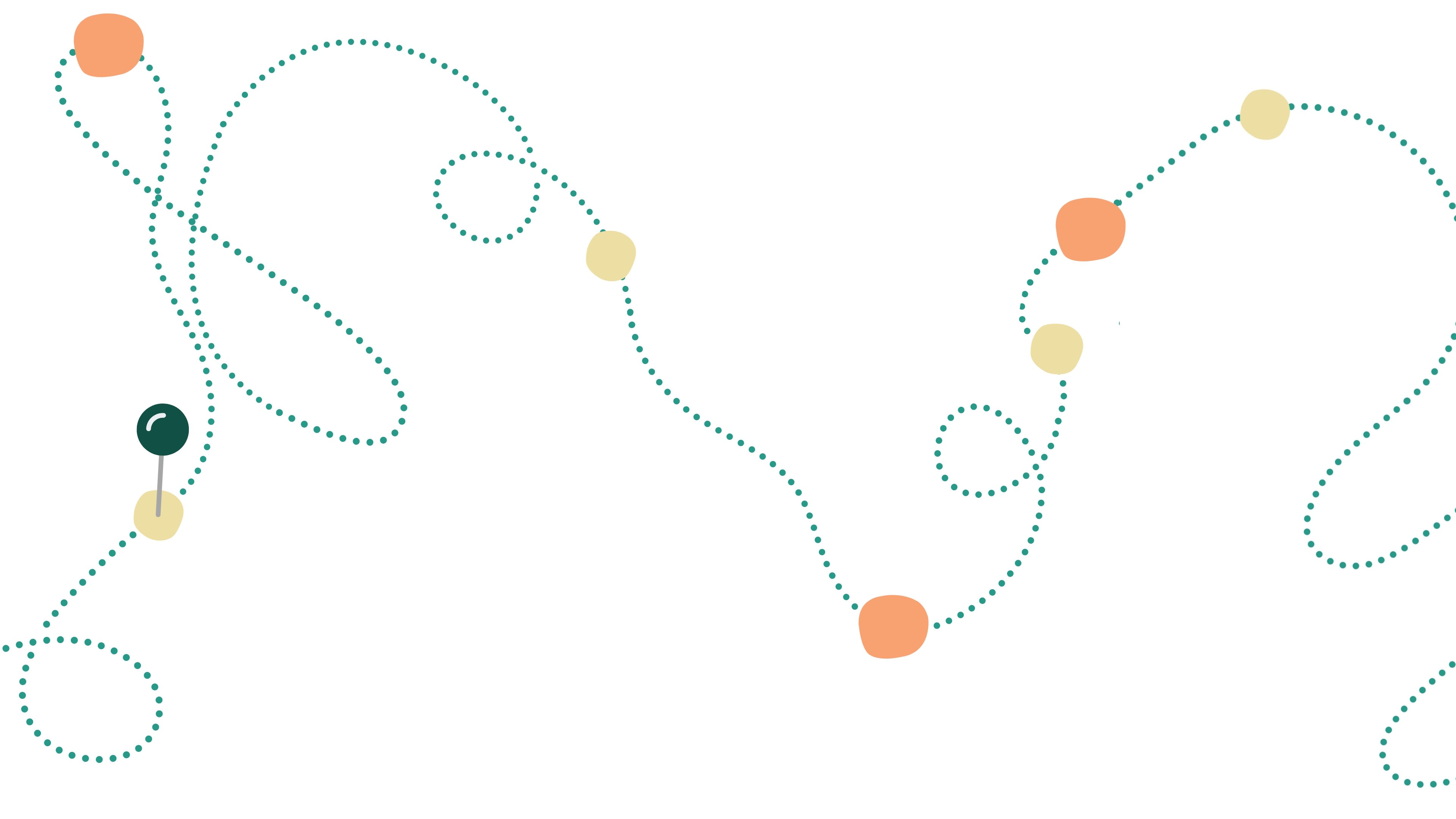
What Physical Stressors Can You Control and How?

By taking control of physical stress, the body will have a much better chance of repairing itself and producing, in the correct amounts, all the appropriate hormones needed to be in balance for conception and healthy pregnancy. Keeping in the theme of "holistic preconception," you’ll notice that all these recommendations are things you'd likely do naturally during pregnancy as well.
Food
We are what we eat. What we consume is broken down into the components needed to rebuild ourselves from the cellular level. This is why it is important to eat whole foods that are as natural and chemical-free as we can. Remember that just because we are smart enough to mass produce processed foods that can last on a shelf for months, it does not mean that our bodies have evolved enough to live off them without side effects.
In addition to the quality of the food we eat, we also want to enjoy and appreciate the food that we eat. Eat slowly and at regular intervals. Avoid overconsumption; meaning never eat until you are full. Stopping eating before you are full will take physical stress away from your digestive system. Our organs have a lot of work to do to keep us running, so we want to make their job as easy and efficient as possible.
Hydration
Proper hydration is essential for every aspect of our physiology. Being under-hydrated creates a tremendous amount of stress on the body. There are various opinions about exactly how much water to consume daily and water intake recommendations can vary due to a variety of factors. According to the Dietary Reference Intakes for Water, Potassium, Sodium, Chloride, and Sulfate, women should consume approximately 91 oz of water per day and men 125 oz.
Furthermore, the most important factor is drinking water at regular intervals throughout the day. As a general guideline, we typically suggest drinking 16 oz of water every 2 to 3 hours, the first being as soon as you wake. Remember, this is water that we are talking about, not coffee, tea, soda, juice, etc.
Exercise
Recommendations for exercise depend on current fitness habits. Movement is very important for the proper function of our bodies. However, too much exercise adds stress that may inhibit your chances of conception. Some of our patients get little to no exercise at all. In this case, we recommend walking at least 10 minutes per day to start. Others are very athletic, sometimes highly competitive. In this case, we encourage them to keep training but at about 50% to 75% of the intensity they usually do.
Sleep
When we sleep, our body regenerates itself and is absolutely essential. Nothing creates physical stress on the body, like lack of sleep. Therefore, we recommend 8 hours of sleep per night and 10 hours in the winter.
Know Your Body and Know Your Cycles
You can also take charge of this journey by getting to know your body and your menstrual cycle. This is something to be approached mindfully and with compassion. When you track your basal body temperature, cervical mucus, and cervical position, the patterns give excellent clues to what is going on in your reproductive landscape. There are many fantastic apps out there to make this process easier as well.
Though we recommend enjoying sex all month long, the charting process will empower you with knowing your body and ensure you're also having sex during your fertile window. Additionally, from a holistic perspective, you can share your cycle-tracking information with your fertility acupuncturist. The patterns they see will give clear clues to any underlying excess or deficient patterns and can directly inform the care they provide to help bring things back into balance.
Testing
Working with a reproductive endocrinologist is the best way to know if any of your reproductive hormones are out of balance or if any physical barriers are present preventing conception or the body's ability to sustain a pregnancy. To be extra clear here, testing is equally crucial for both the female and male partner since up to 50% of infertility can be attributed to male factor.
From there, you can decide on a course of action to correct your imbalance, whether working from an allopathic perspective, working with someone like a fertility acupuncturist from a more natural perspective, or, ideally, a combination of both. Again, why not use all the tools at your disposal? This decision, of course, comes down to personal beliefs and preferences, finances and insurance, and the time available.
Partner Relationship
For those trying to conceive in partnership, it is common for a couple’s relationship to suffer when navigating fertility challenges. It is vital to remember that your partner is the person with whom you want to raise a baby. The time before conception is a critical time to keep building your relationship.
There are many reasons for this, but the most immediate is that the stress lessens the chances of conception. Try to make this time fun. It is a time for bonding, and it is a time to practice being a parent. All decisions at this time should be made with the question: "Would I be doing this if we had a baby to take care of?" Working until 11 pm or midnight? Going out for drinks with friends? Yelling at each other instead of calmly working out differences in a way that supports the family as a whole? Overspending on frivolous things on credit? You get the idea.
Parenting is for the long term. So, becoming a team now is just as crucial as optimizing fertility. And, honestly, we believe that they benefit each other.
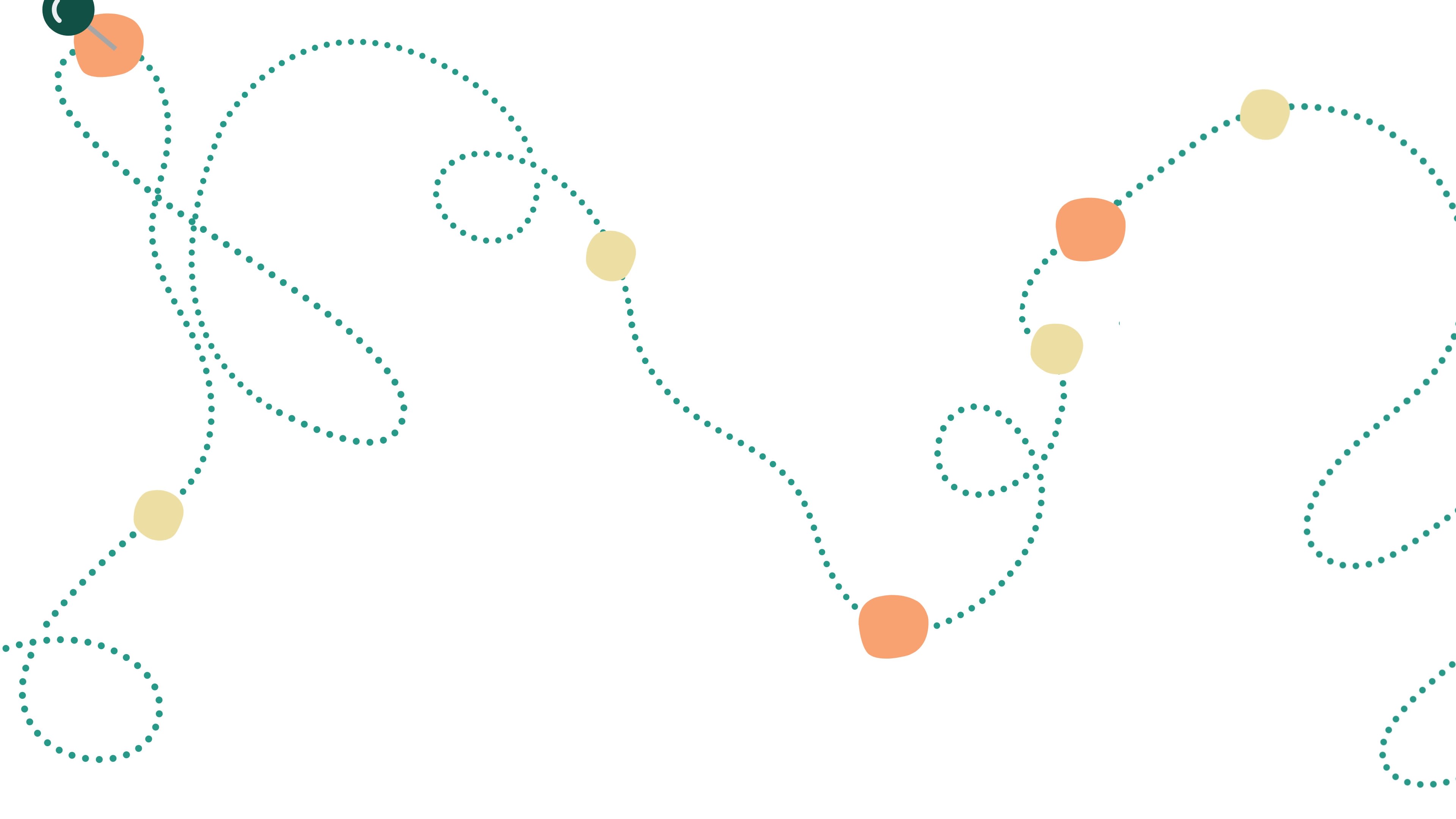
What Are Some Integrative Care Options That Really Help?

We'd be remiss if we did not include recommendations for integrative care during the fertility journey. We've found that using some or all of the options below alongside any allopathic care you're already receiving can be very supportive and have included a few common and not-so-common options.
As with any care you seek, always be sure to interview the practitioner and be sure their approach, personality, and experience are a good fit for you.
Acupuncture
While acupuncture is a commonly known option, it bears us saying a few words here. Yes, it's true; studies show that acupuncture can make a difference in the uterine lining and implantation rates, egg quality, regulating menstrual cycles, improving sperm quality, increasing IVF success rates, improves efficacy of fertility treatments and reduces adverse effects, and more.
Acupuncture is a highly effective option when you are just starting on your journey. Sometimes 3-6 months of regular acupuncture and the appropriate combination of herbs and other targeted adjustments discussed in this article are all that are needed for conception and healthy pregnancy.
Additionally, when the journey takes longer or is more complex, or if there are underlying issues such as PCOS or endometriosis, for example, an acupuncturist specializing in fertility will be an invaluable asset to your integrative team. You'll know if your acupuncturist specializes in this area because they'll be able to discuss your cycles extensively, understand the complexities of common menstrual disorders, and how to work with you from an integrative perspective should you also be using assisted reproductive technologies like IVF or IUI.
Fertility acupuncture can also be beneficial when it appears there are no other remaining options. For example, IVF is most commonly highly dependent on being able to produce enough eggs during a stimulation cycle. Yet, from a natural perspective, you only need one good egg and one good sperm in the right environment to produce a baby.
Fertility acupuncturists are also invaluable in helping manage the overall stress of this journey. So, keep going to them for support even if (and especially if) your journey is difficult, you had a miscarriage, another canceled cycle, or even if you want to take a break from trying to conceive for a while. They can help you balance your whole being, regardless of your goals or current fertility focus.
Leela Therapy or Clinical Hypnotherapy
Leela Therapy is a little-known alternative psychotherapeutic model of care that uses a non-directive approach, and we feel that it can be a great adjunct to traditional therapy models. The core foundation of Leela Therapy is that the therapist acts as a wisdom mirror for the client. The Leela therapist listens with a quiet mind and an open heart.
A Leela Therapist is trained to skillfully use the Enneagram of Liberation (a method for identifying underlying patterns), Neuro-Linguistic Programming, and Clinical Hypnotherapy. They know how to ask gentle, guiding questions to uncover what is going on and then use clinical hypnosis to safely and naturally alter the client's state so they can address the issue and make underlying changes.
Leela Therapists may have a variety of professional backgrounds. Their training lasts for a minimum of two years with a minimum of 400 hours of training, ongoing practice and supervision, and is approved by the American Council of Hypnotist Examiners.
There are many additional clinical hypnotherapy approaches that may also be very effective. We are partial to the Leela Therapy approach because of its emphasis on a compassionate, non-judgmental presence embedded into the Leela Therapy training model. Leela Therapy is accessible both in-person or virtually.
Reiki/Energy Healing
Reiki is a hands-on healing technique that originated in Japan. Reiki reduces stress and promotes health and healing. This complementary modality is soothing and completely non-invasive. It is a safe and gentle way to activate the parasympathetic nervous system by way of deep relaxation. A variety of studies show that Reiki has been found to be more effective than placebo for reducing pain and anxiety, depression, and improving self-esteem and quality of life.
Reiki training approaches can vary widely, as can the experience and expertise of the practitioner. So, as with any practitioner, make sure you inquire about their background and experience. Reiki can be conducted both in-person or virtually as well.
MBSR Classes
MBSR stands for Mindfulness-Based Stress Reduction. Dr. Jon Kaba-Zin of the University of Massachusetts Center for Mindfulness created MBSR.
The program has been scientifically researched and is excellent for beginners and advanced meditators. MBSR courses are taught over 8 weeks and can often be done in the comfort of your home. Instructors go through several years of training before they can teach MBSR. We find this a highly accessible option for reducing stress and learning foundational skills for shifting mindset.
Yoga Nidra
Yoga Nidra is a form of yoga that does not require any yoga poses. Though you can go to a class for this, all you need is a quiet, comfortable place to rest and a guided recording from Insight Timer or YouTube.
In Yoga Nidra, you rest comfortably and are guided in a structured way to a state of deep rest and relaxation. Studies suggest that this practice can be helpful in reducing both cognitive and physiological symptoms of anxiety.
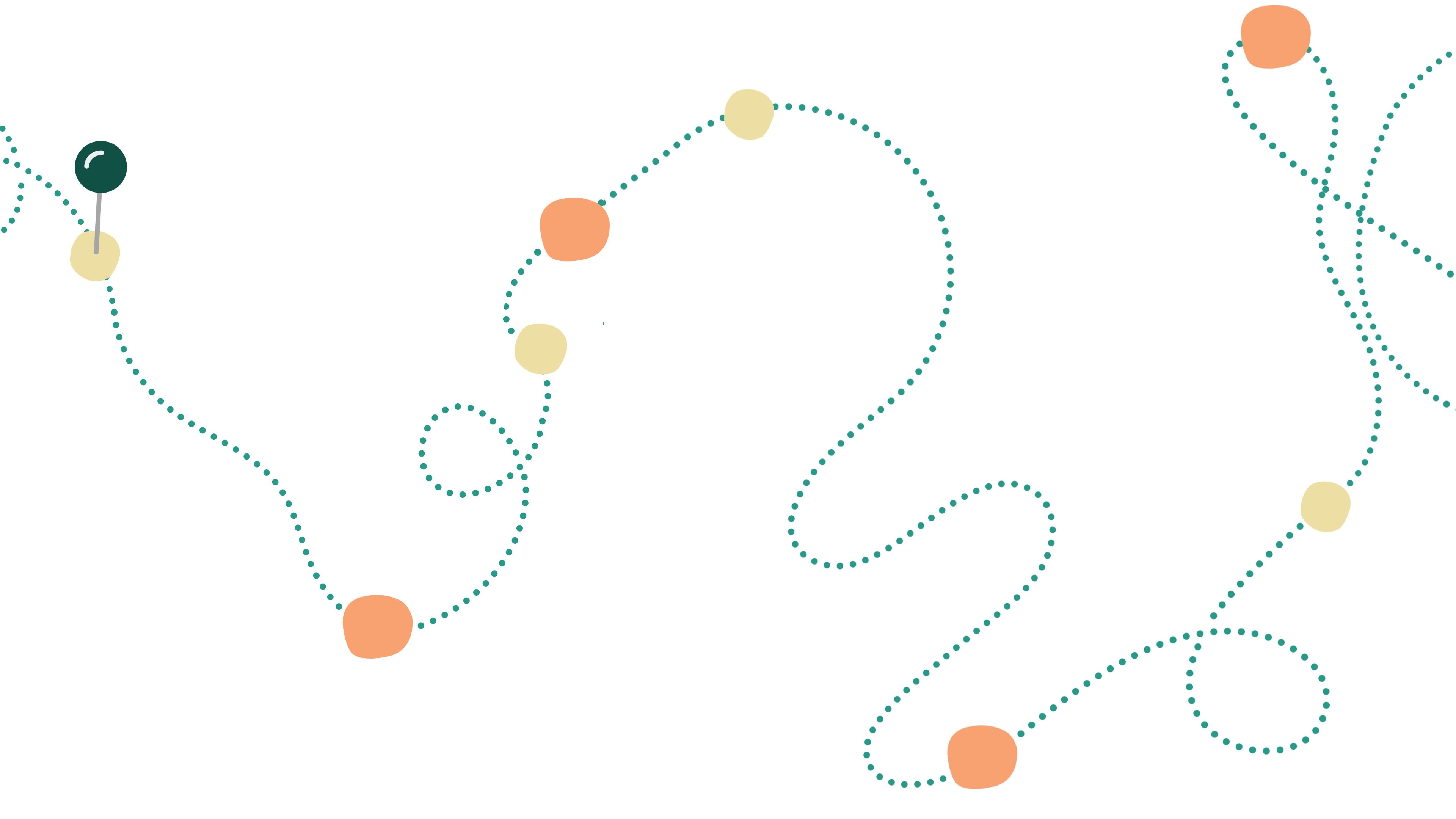
We hope we’ve given you a lot of food for thought that is practical, useful, and actionable. Remember, the fertility journey is full of twists and turns that seem like life is out of control, but there’s more you can do than you realize.
Reframing the preconception period as a vital time to take impeccable care of yourself can be empowering. So, we encourage you to stop, breathe, and take impeccable care of you.
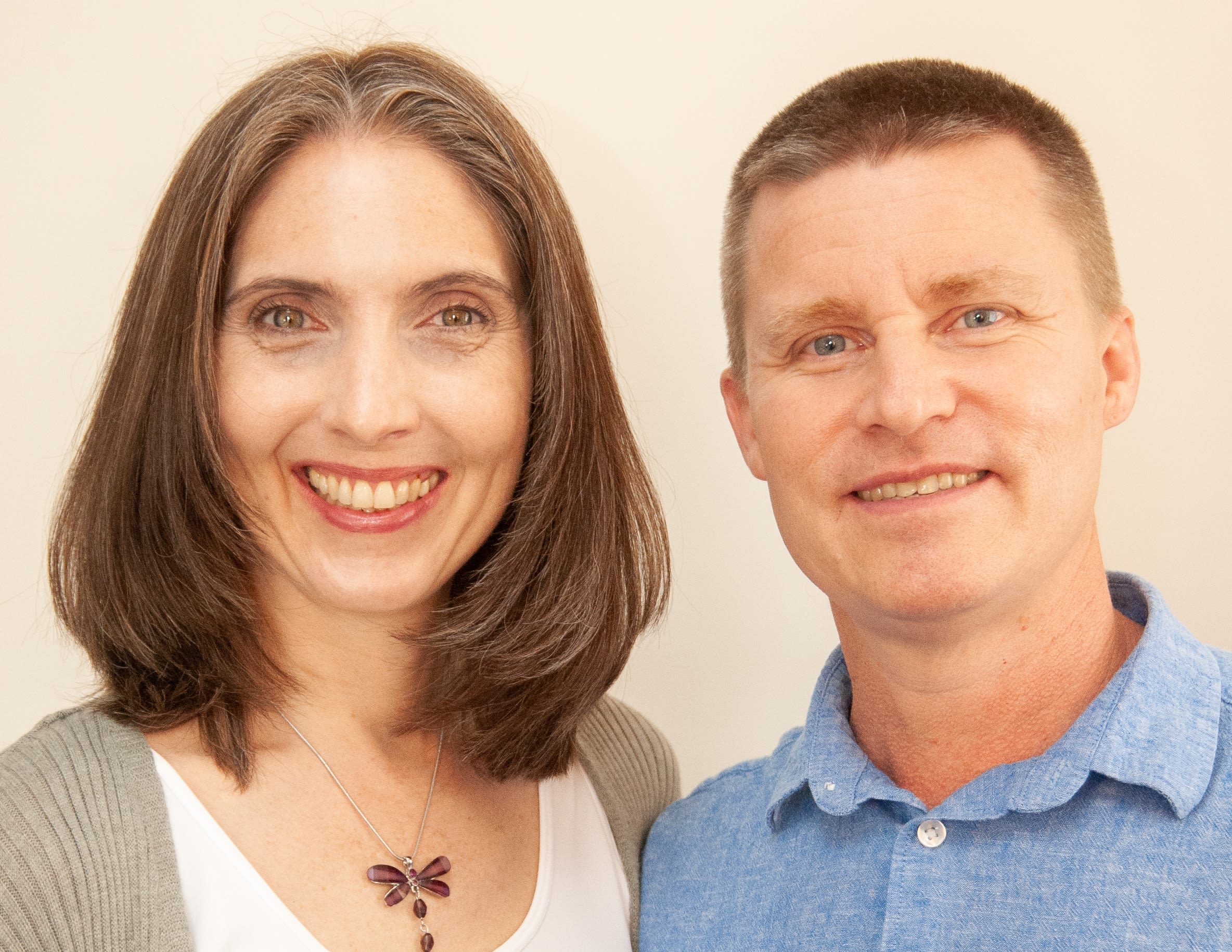
Michael Hurley and Tricia “Satya” Hurley have been in partnership for over 30 years. They own and operate Cup of Life Healing Center, a holistic healthcare center that specializes in women’s health and natural fertility enhancement.
Michael is a licensed acupuncturist who specializes in fertility acupuncture and holistic reproductive medicine. He uses a unique blend of acupuncture, functional nutrition, Chinese herbal medicine and mind-body medicine to provide comprehensive holistic and integrative care.
Tricia (Satya) is a Leela Therapist, Clinical Hypnotherapist, and Reiki Master teacher. She works with patients one-on-one and in small groups for energy healing and mind-body care.



